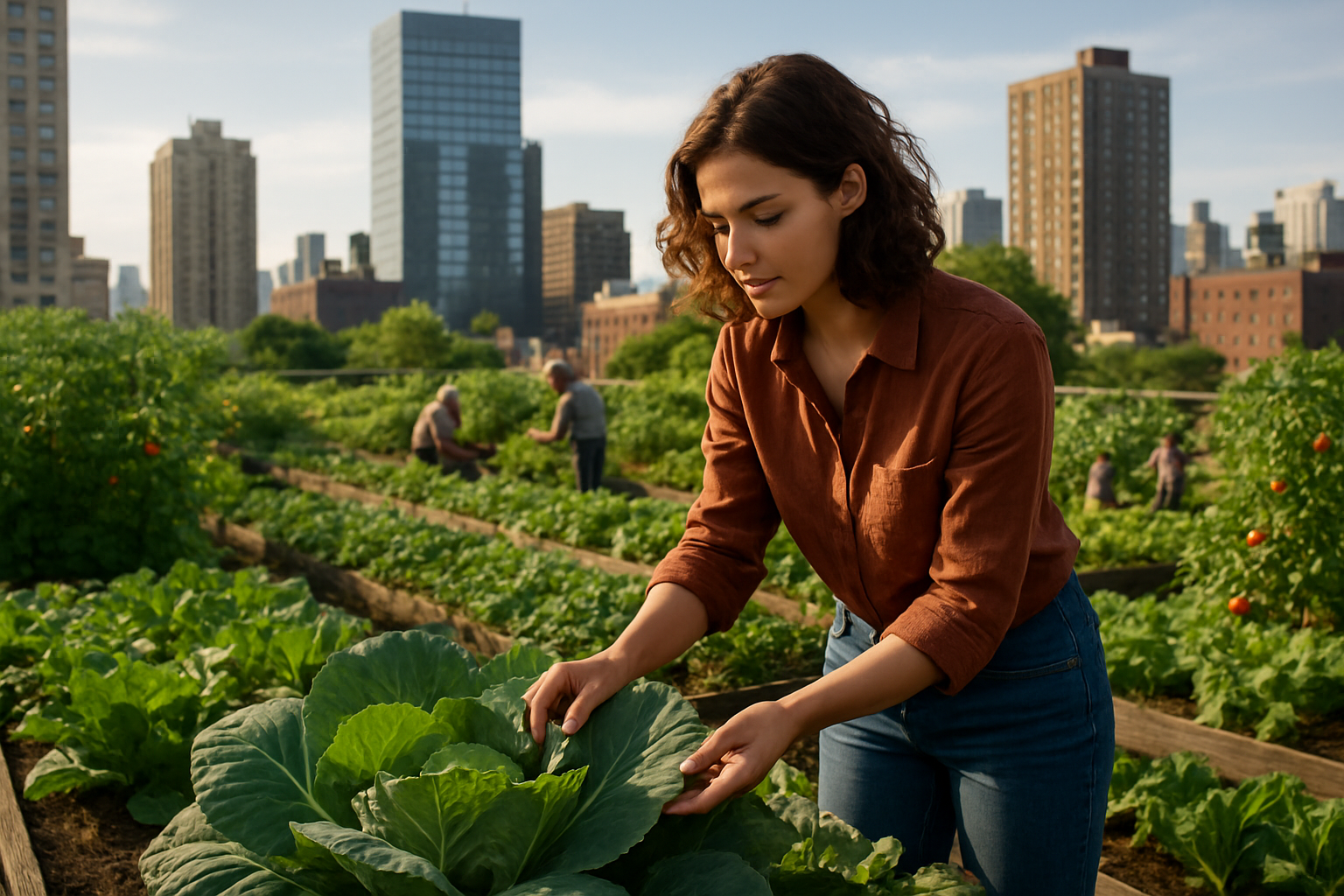Emerging Perspectives on Urban Farming: A Societal Transformation Rooted in Sustainability
Urban farming, a burgeoning movement that encourages city dwellers to grow their own food, is transforming modern societies in intriguing and profound ways. Read below to delve into the origins, implications, and potential future of this green revolution.

A Glimpse into the Past: Historical Context of Urban Farming
Urban farming is not a new concept, but its roots go far back in history. In ancient civilizations, such as the Hanging Gardens of Babylon, urban farming was a necessity for survival. Fast forward to the 19th and 20th centuries, when urban farming became more of a community act, with the establishment of allotment gardens in Europe and Victory Gardens in the United States during World War II.
The Rebirth of Urban Farming in Modern Societies
In recent years, urban farming has seen a resurgence, spurred by concerns about climate change, food security, and the desire for sustainable living. From rooftop gardens in New York to vertical farms in Singapore, urban agriculture is changing the way we perceive and interact with our food. It’s not just about growing lettuce in a window box anymore; it’s about creating a more sustainable, equitable food system right where we live.
Societal Implications of Urban Farming
The implications of urban farming stretch beyond the obvious benefits of fresh, local produce. It is fostering community engagement, promoting healthier lifestyles, and reducing carbon emissions. Moreover, it is democratizing food production, giving individuals control over what they eat, and transforming concrete jungles into green, productive spaces.
Data-Backed Insights into Urban Farming Trends
According to a report by the Food and Agriculture Organization, urban farms produce 20% of the world’s food, a figure expected to rise as the movement gains traction. Additionally, recent studies suggest that urban farming can help reduce urban heat island effects, improve biodiversity, and even boost mental health.
Urban Farming: A Beacon of Hope for the Future
As urban populations continue to grow, the need for sustainable, local food production becomes more urgent. Urban farming, with its myriad benefits, appears to be a promising solution. By reconnecting people with their food sources, it can foster healthier, more resilient communities, and contribute to global sustainability efforts.
In conclusion, urban farming is more than just a trend – it’s a societal transformation that’s reshaping our relationship with food, the environment, and each other. With its roots in the past and its eyes firmly on the future, this green revolution holds the potential to redefine modern societies in ways we are only beginning to understand.




